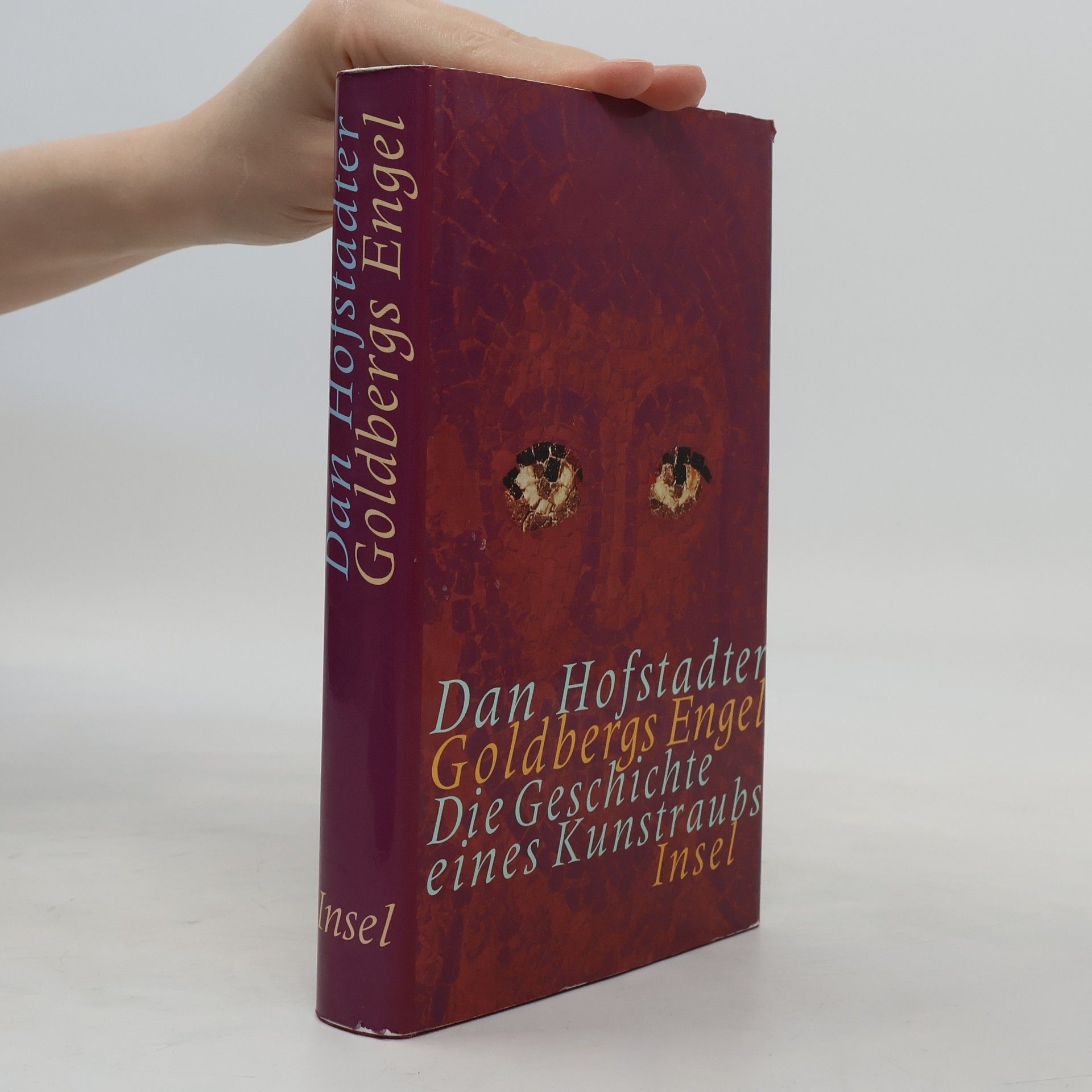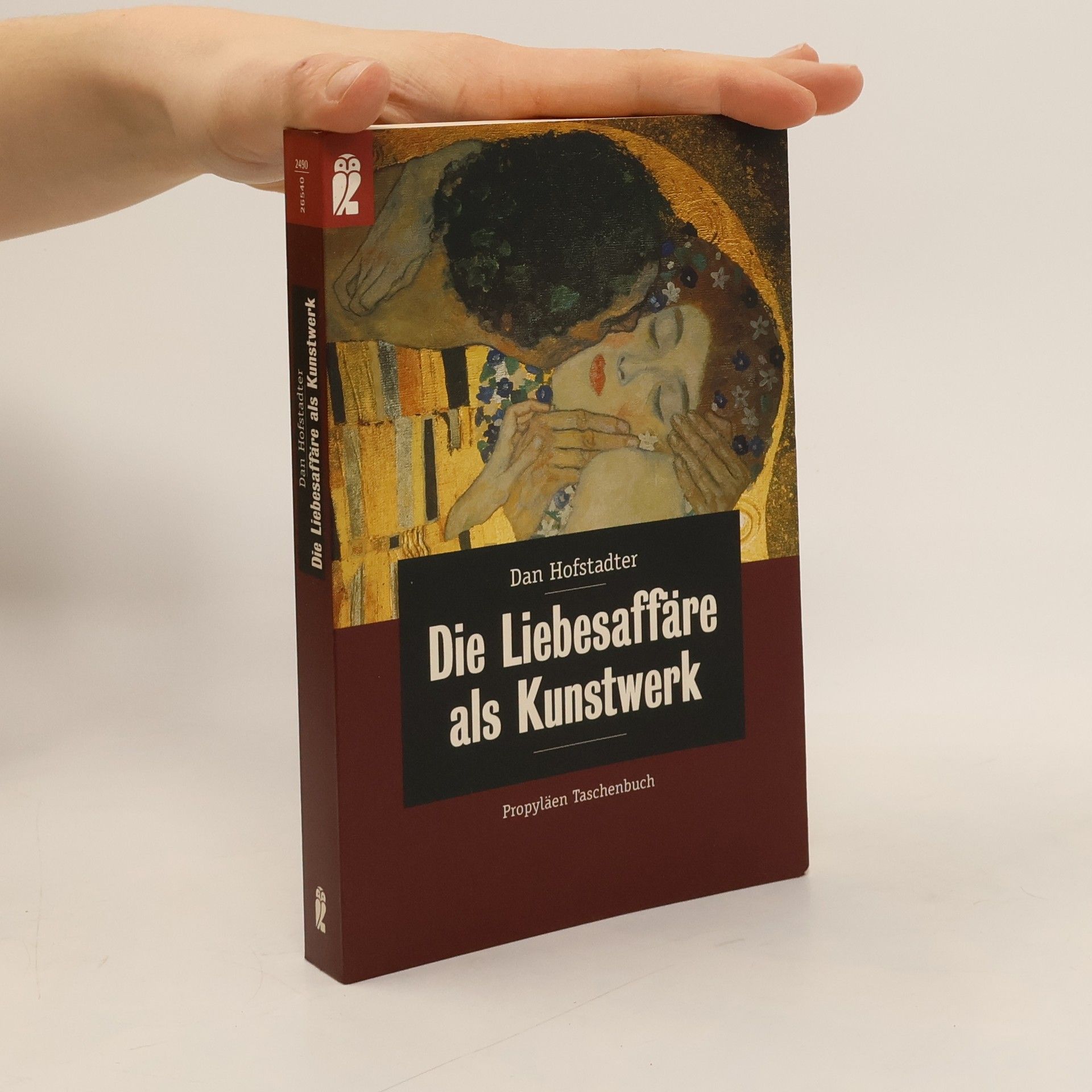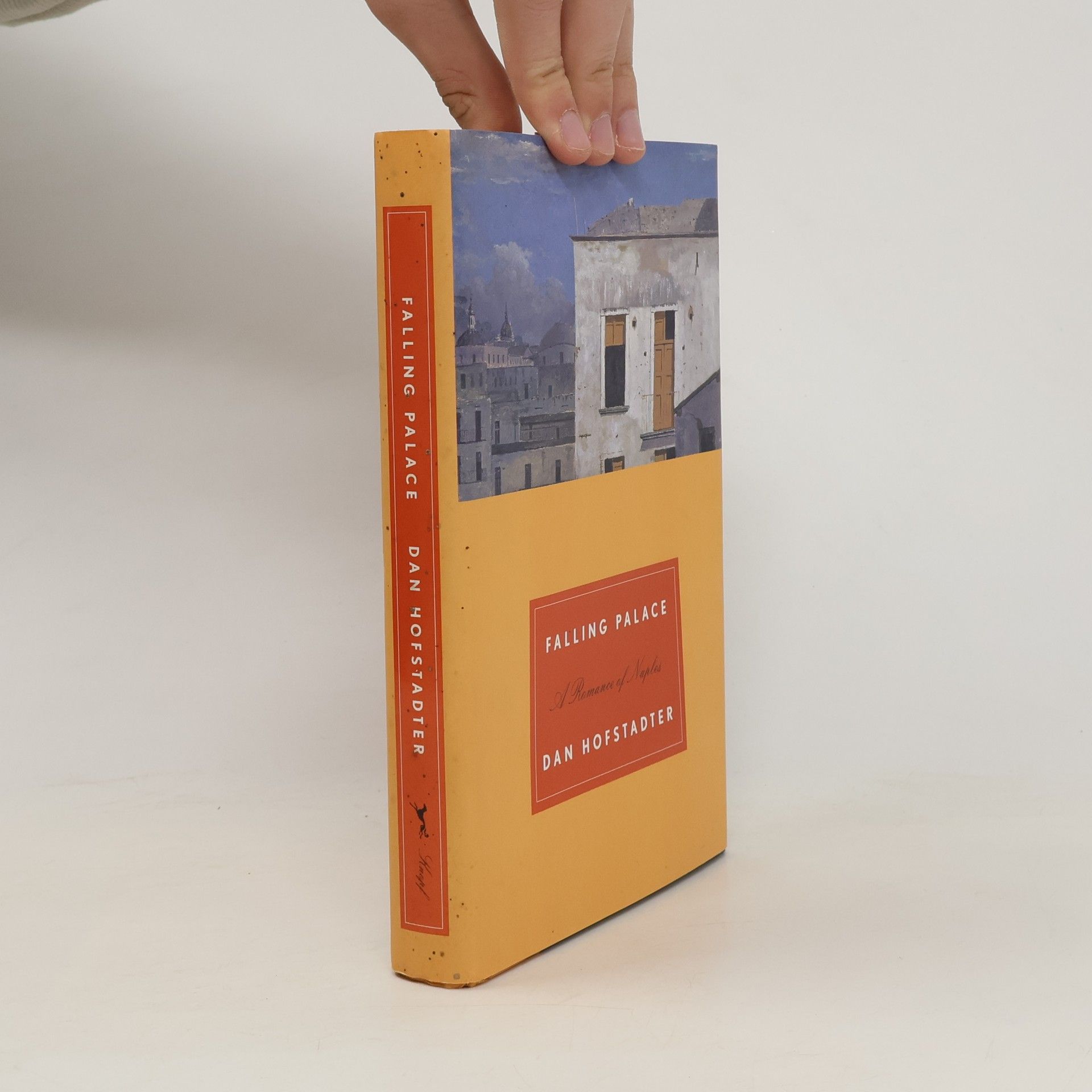At sixty-nine, Galileo stands as Italy's most esteemed scientist, navigating the complex relationship between faith and science. Despite his anti-literalist approach to the Bible, he identifies as a devout Catholic. Dan Hofstadter explores this paradox, situating Galileo within the rich cultural tapestry of the Renaissance and Baroque eras. The narrative highlights his multifaceted identity as a humanist and scientist, showcasing his deep engagement with philosophy, poetry, and the arts, as well as his connections with notable musicians, writers, and painters of his time.
Dan Hofstadter Livres




Weaving the tale of an elusive romance with a vivid evocation of a legendary metropolis, Dan Hofstadter reveals Naples to us. He is our guide to the dilapidated architectural beauty and the irrepressible theater of the city's everyday life; the centuries-old festivals that regularly overtake the jumbled streets; the conversations in dialect that start in the cafés after work and continue into the night; the countless curio shops where treasures mingle with kitsch. And he brings to life on the page the natives he befriends, people whose gestures and superstitions seem as ancient as Vesuvius: a master baker who'd rather be playing the stock market; an agoraphobic aunt who must meddle by phone; and, always, Benedetta, the object of our narrator's fascination and affections, and, like her lifelong home-city, at once inviting and unfathomable.--From publisher description